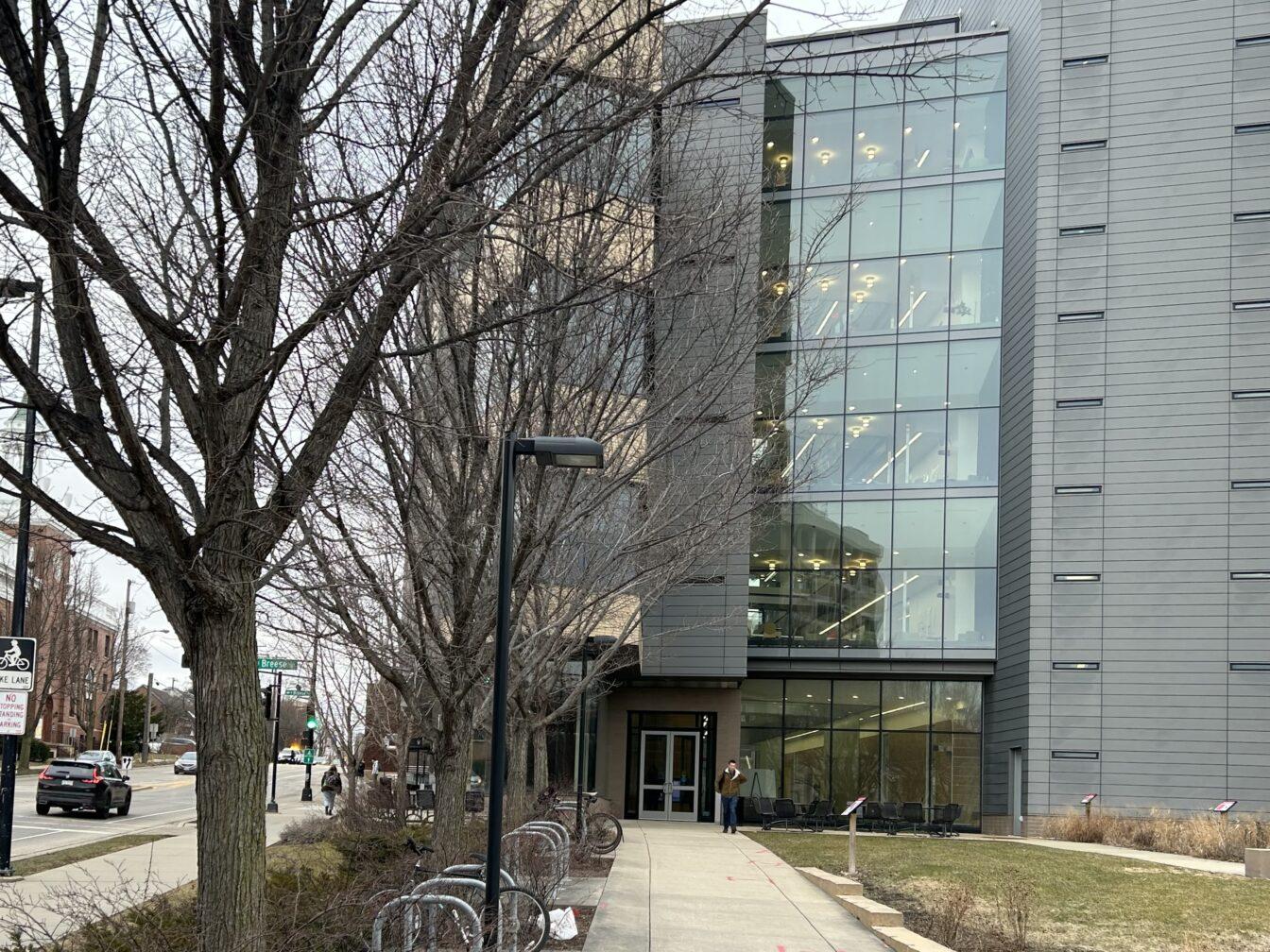The Sustainable Energy Seminar Series at the University of Wisconsin occurs every semester and brings together scientists to discuss their current projects in sustainable energy, including their innovative solutions to address sustainability. April 15, UW assistant professor Fang Liu presented a presentation titled “Revealing the Unknown Dynamics of High-Energy-Density Batteries” as part of the series.
According to the Wisconsin Energy Institute, the transition toward new and clean energy systems is one of the most critical challenges for society. The WEI aims to prepare leading scientists and engineers on projects across different disciplines and enhance public understanding of energy issues.
Liu’s research focuses on electrochemical reactions and the design of protocols and materials for energy storage and conversions such as batteries, solid electrolytes, advanced material characterization and carbon dioxide capture for utilization and sustainability.
Liu’s presentation exposed the overlooked dynamics of lithium filaments during battery operations. Liu developed a design to characterize and monitor the health of lithium-ion batteries based on pressure evolutions, revealing new evidence related to the process of battery degradation.
The intersection between research study and logical design for diverse protocols, materials and tools broadens the opportunity for a clean energy future, Liu said.
“To combat climate change carbon dioxide levels and its breakdown [its capture and use for sustainability], must be addressed,” Liu said.
According to Liu, lithium batteries are responsible for the operations of many devices, and there is increasing demand for a new storage capacity for next-generation energy of high-performing lithium batteries. Currently, lithium batteries have a short life cycle, which is a challenge for their processing and further recycling.
One of Liu’s studies found evidence of i-Li (isolated Lithium) possessing a faster decay, which is supported by past studies. The charge of i-Li batteries depends on the continuous transport of electrons from one end to another. Liu’s findings support that i-Li results in spatial progression, which refers to the net motion of charge towards the positive side of the i-Li, showing implications for the future development of robust lithium batteries that are capable of fast charging, Liu said.


